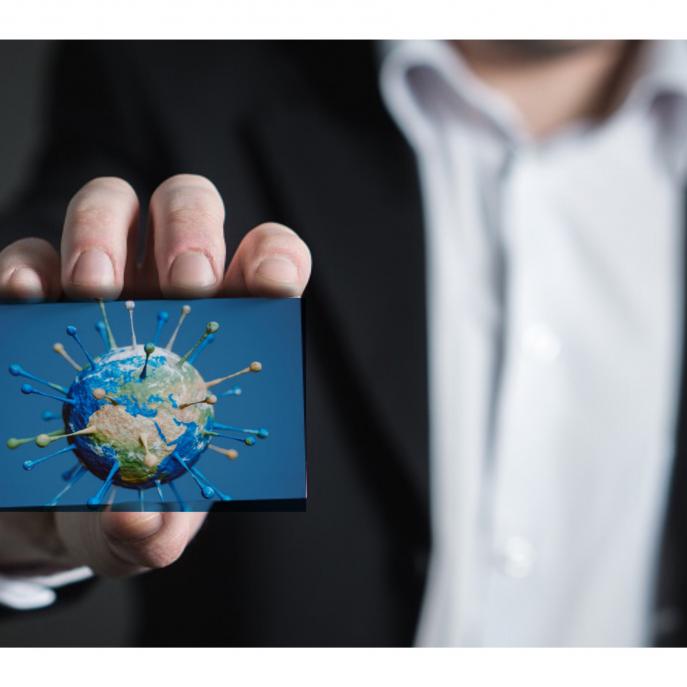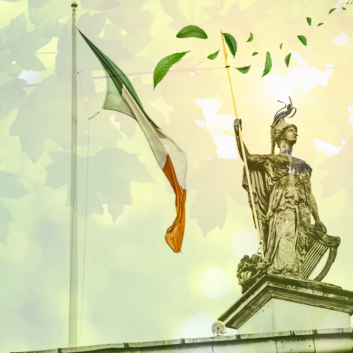The impact of coronavirus on brand trust
Edelman conducted a 12-market study on the critical role brands are expected to play during the coronavirus pandemic where they interviewed 12,000 people in Brazil, Canada, China, France, Germany, India, Italy, Japan, South Africa, South Korea, the UK and U.S.
From protecting the well-being of employees to shifting products and pricing to creating a sense of community, there are several areas where respondents recognized the need for specific brand action. 71 per cent agree that if they perceive that a brand is putting profit over people, they will lose trust in that brand forever.
The results call for value-driven leadership and that brands need to prove that people come first, not profit.
Respondents believe that brands can and should make a difference throughout the coronavirus crisis and the majority with 90 per cent globally want brands to do everything in their power to tackle this challenge and actively get involved.
There is a clear desire for them to become partners and collaborate with governments (90%) and provide a safety net by stepping where governments cannot respond appropriately to the virus (86%).
It is a great expectation that brands must focus their messaging on finding solutions instead of sales. 84% said they want to see how brands help people to cope with pandemic-related challenges.
Brands also need to consider that people want experts to be associated with messages. 78 % rating medical doctors as credible spokespeople for the brand’s virus-related actions, with celebrities (26 %) and influencers deeply discounted (28 %).
Eighty-four per cent of respondents globally said that they want brands to be a reliable news source that keeps people informed. There is more belief in earned media (national media at 64 % and local media at 62 %) than in brand advertising (53 %) and brand social media (51 %).

83 per cent want to see brand messaging that focuses on empathy, compassion and support with the struggles they face. Hearing from brands they use about what they are doing in response to the pandemic is comforting and reassuring to them (65 %). This the chance when brands can create a whole new level of connection with their consumers or in fact, lose their relationship forever.
Sixty-five per cent of respondents said that a brand’s response in the crisis would have a significant impact on their likelihood of purchasing it in the future. Over one-third of consumers said that they have started using a new brand because of the innovative or compassionate way that it has responded.
On the other hand, there is a massive risk to brands that are perceived to be acting unsympathetically. One-third of respondents have already convinced other people to stop using a brand that was not acting appropriately.
"At this moment of deepest global crisis, the public wants brands to step up, keep us safe, guide us and help us. Brands that act in the interest of their employees, stakeholders and society at large will reinforce their expertise, leadership and trust and immeasurably strengthen the bond they have with consumers," says Richard Edelman, CEO of Edelman about the new role of brands.
The full report can be downloaded from the Edelman website.
















